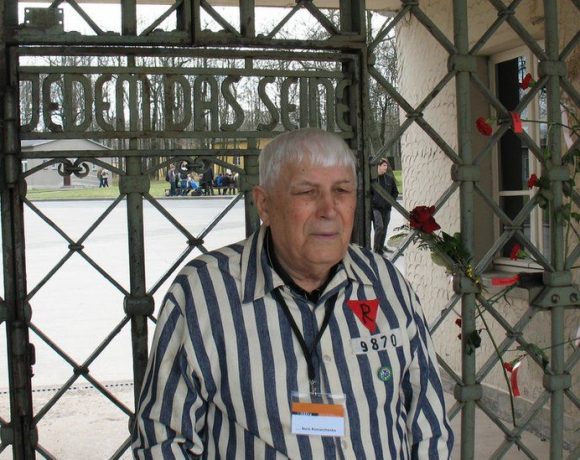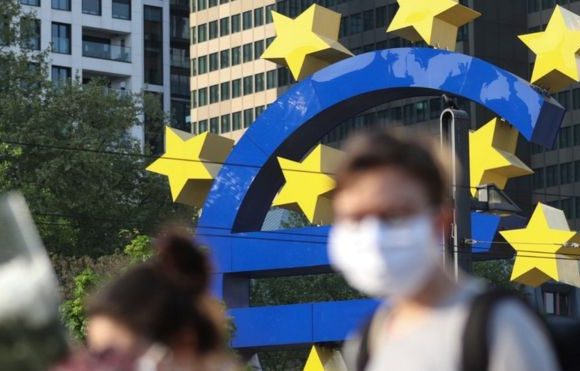
During a Russian attack on the eastern city of Kharkiv, a Ukrainian man who survived the Nazi Holocaust during WWII was killed. Boris Romantschenko, 96, died on Friday as a result of Russian shelling of his apartment block, according to relatives.
For more than three weeks, Russian forces have been shelling Kharkiv, which is only 30 miles (50 kilometres) from the Russian border. According to Ukrainian officials, at least 500 civilians have been killed there. One of the victims has been identified as a nine-year-old boy, according to police. Mr Romantschenko’s death has left the Buchenwald and Mittelbau-Dora Memorials Foundation “deeply disturbed.”
After being informed by his family, the organisation, of which Mr Romantschenko was vice-president, announced the news, saying he had “worked intensely on the memory of Nazi crimes.” “We are saddened by the death of a close friend. We send our heartfelt condolences to his son and granddaughter, who broke the sad news to us “The statement of the foundation has been added. Mr. Romantschenko’s death comes more than three weeks after Russian President Vladimir Putin attempted to justify his invasion by telling the Russian people that his goal was to “de-Nazify Ukraine.” These claims have been condemned by Western leaders, who have pointed out that Ukraine’s president, Volodymyr Zelensky, is Jewish.
Mr. Romantschenko was born on January 20, 1926, in the north-eastern city of Bondari. Following the invasion of the Soviet Union, he was apprehended by Nazi troops and deported to Germany in 1942, where he was forced to work as a slave, according to the foundation. Following a failed escape attempt in 1943, he was sent to the Buchenwald concentration camp, where 56,545 people were murdered before the allies liberated the camp in 1945.
He was also stationed in the Mittelbau-Dora subcamp, as well as the notorious Bergen Belsen and Peenemünde camps.
Picture Courtesy: Google/Images are subject to copyright

